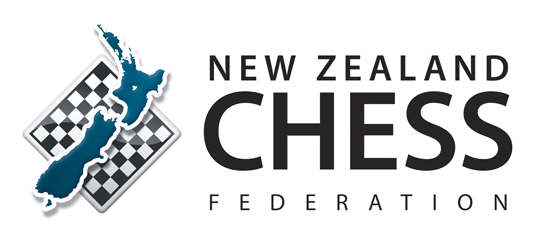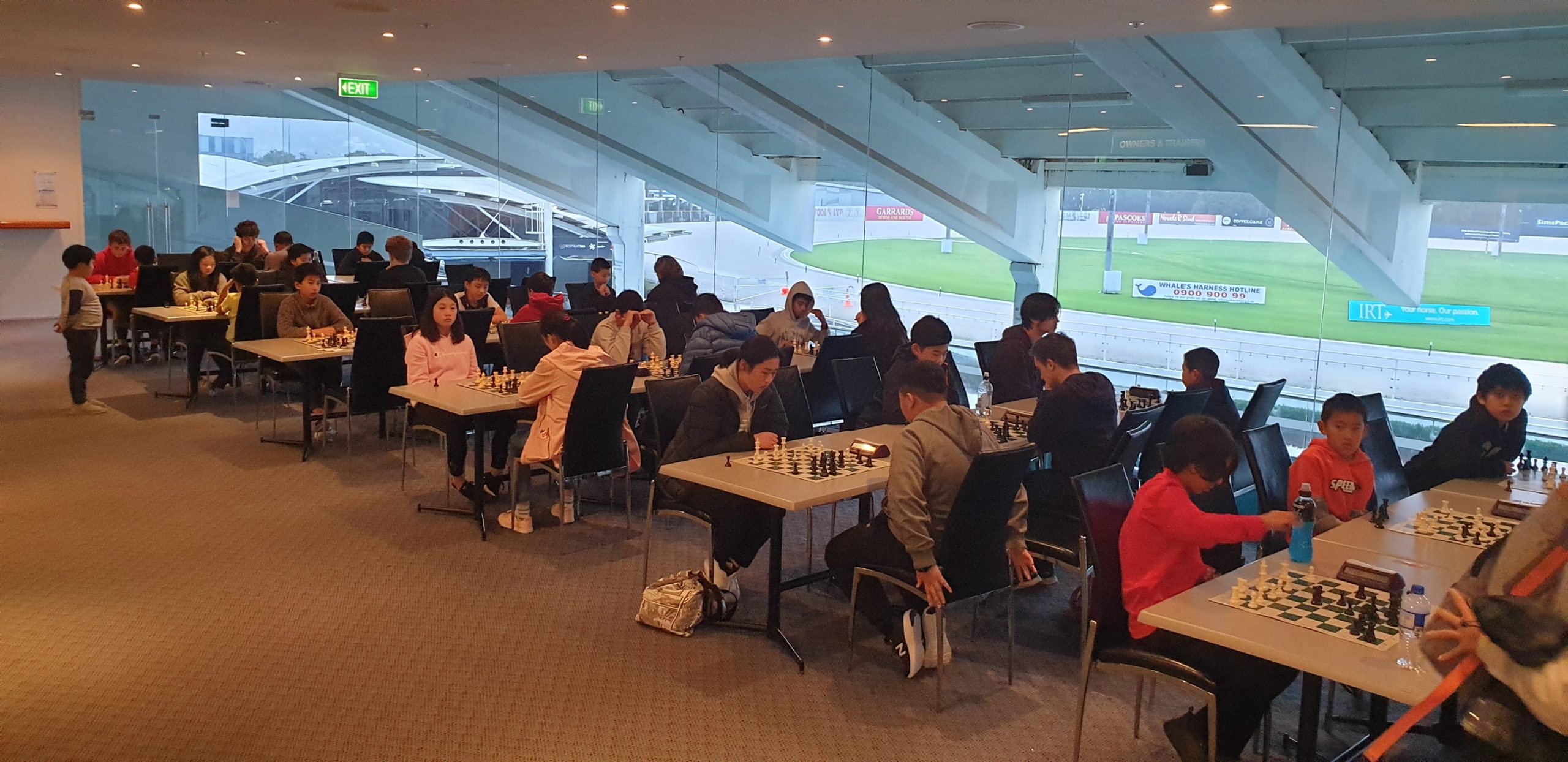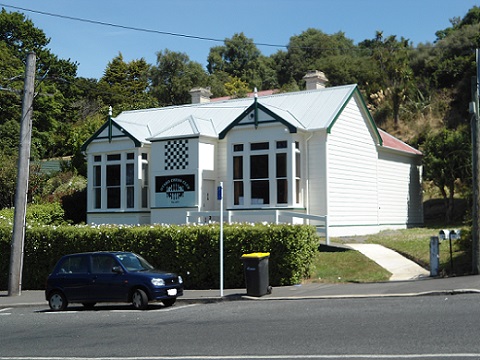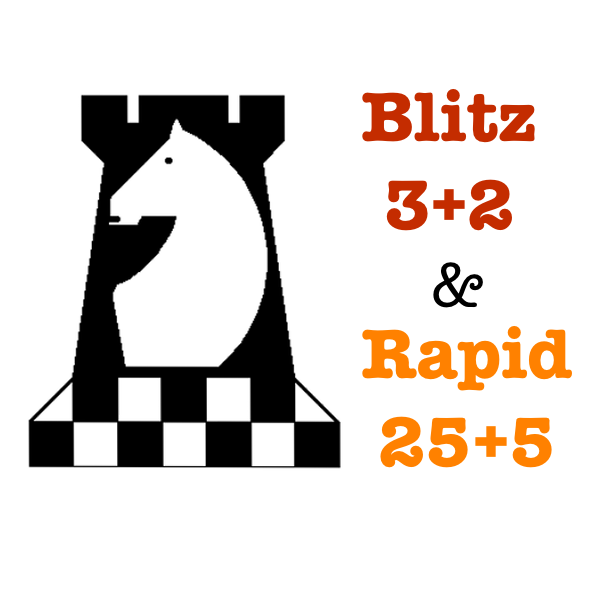Vote Against Fee Increase at NZCF AGM 2023
- Published

Vote Against Fee Increase at NZCF AGM 2023
An email to vote against the fee increase at NZCF AGM 2023 was received from New Plymouth Chess Club.
If anything, these proposed NZCF fee increases have raised questions around what do the clubs actually receive in return? Clubs receive practically nothing in return from for current fees paid to NZCF, and now NZCF Council proposes to increase NZCF Membership fees from $10 to $15 per club member (50% increase) and increase NZCF Tournament Levy from $5 to $7 per player (40% increase).
There must be very good reasons for a non profit registered charity like NZCF to collect so much revenue through such compulsory payments from member chess clubs. What is the value for money benefit to every individual member of every chess club in the country? Only a few benefit while the rest are effectively forced into subsidising them.
Why your club should vote against the proposed member fee increase at the NZCF AGM
Seasons greetings to fellow chess fans from the New Plymouth Chess Club.
The NZCF Council proposes to increase our membership fee to $15 per member. The current membership fee system is unfair (see below), so increasing the fee would just make it even more unfair.
Our club will therefore be voting against the increase and urges all other clubs to do the same.
Before 2020, you may recall, Chess Clubs paid an affiliation fee of $40 each to belong to NZCF and players paid $20 a year each to register to play in NZCF rated events.
That was fair – if you didn’t play you didn’t pay (well not very much)!
So in 2018: New Plymouth Chess Club had about 38 members and paid $140 to NZCF for affiliation and 5 registered players; Howick Pakuranga Chess Club members paid $1,160 to NZCF for affiliation and 56 registered players.
At AGM 2019 the fee system changed – the $40 affiliation fee and $20 player registration fee were replaced by a membership fee of $10 to be paid by all affiliated and associated club members (with just a few exceptions).
So in 2022: NP CC would pay $380 for affiliation for the same 38 members, so would pay $240 MORE to NZCF than in 2018; HP CC would pay $560 for the same 56 members that were registered in 2018, so would pay $600 LESS to NZCF than in 2018.
It’s true that NP CC members can now all play in as many rated tournaments as they like without paying a $20 player registration fee. However, although in 2022 we actually have 49 members, only two of them played in a single rated event this year and that’s because it is so expensive, both in terms of time and money, for our players to travel outside the province to play. We are talking about $200 in travel costs at least for a single tournament and that’s without staying overnight.
And we are not the only provincial / isolated club. Repeated across the whole country the 2019 member fee system has transferred significant costs off the shoulders of those who play the most and onto the shoulders of those who play the least. Nor is it just a provincial issue. Even in the big city clubs, like HP CC, those club members who don’t play in nationally rated events, and there are bound to be a few, are now subsidising their fellow club members who do.
So, how is that fair?
I told NZCF’s President, Nigel Metge, how we felt about this over a year ago. His comment to me then was that $10 is not much more than a cup of coffee [so nothing to worry about, I presume]. Well he’s right in a way, but our members have to go at least 200KM to get their coffee! And Nigel misses the real point anyway – it’s not about the actual amount of money, it’s about getting fair value for that money. It’s unjust that some members are getting so much less for their $10 than others.
If it persists, eventually this injustice will hurt cohesion between the Federation’s clubs, if not tomorrow, then in the longer term as membership fees increase over time and the problem becomes clearer to more members.
With an increase to $15 we would need to pay $735 next year for the 49 members we have now and our committee has had enough already. Some committee members have raised the possibility of disaffiliating from NZCF over the increase. If that happened it would be a great pity to me, because I’m very supportive of the Federation’s objectives overall – our members just don’t happen to agree with the way it’s trying to raise money right now.
So what to do about it?
Most of what’s in here I communicated to the Council last week.
I asked them to withdraw their remits increasing members’ fees, redesign the fee system to make it fair, then take the new system to members at the 2024 AGM.
As well as raising income to fund NZCF operations, the Council has a duty to “Foster good relations with member clubs …” (Chess Development Plan 2023-2025, objective 1.1). Maintaining an unfair fee system or making it worse by increasing fees now is not part of “Fostering good relations with member clubs” – therefore the proposal to increase fees should not even be put to a vote.
DON’T worry, the Federation won’t go broke in the meantime if the membership fee stays at $10: Richie Christie, the Council’s Treasurer, advised me that if membership fees stay at $10 a net profit of $11,233 is still forecast for the 2024 year and $9,642 for 2025.
If the Council won’t withdraw their remits then we’ll try to vote them down at the AGM and we ask all clubs to act in solidarity and join us in trying to do this. Remember the Clubs are the Federation, not the Council.
Last words
Clubs should anyway be concerned about the Council’s fee raising plans for reasons beside that set out above.
The budget forecasts project net profits of $15,975 in 2025 and $14,550 in 2024. These are quite significant sums of money in the context of the Federation’s budget as a whole, but the background to Agenda attachment 8, Council Remits for Fee Increase, is quite vague about what the additional money will be used for.
If the Council cannot give clear objectives for raising additional income now wouldn’t it make sense to delay or moderate fee increases until such time as those objectives become clear? This way member clubs retain greater control of how members’ money will eventually be spent.
The proposal to “Invest a portion of surplus in reserves so that over time we earn a significant ‘passive income’ from actively managed funds” is rather worrying. Investment is an activity that strays outside the Federations core objectives, putting members’ funds at greater risk. Does the Council have the capability to manage such investments? Investment suggests a longer time horizon than a term deposit – even if the Council has the capability today how will it ensure it will retain that capability over the full investment time horizon? And why is a “significant passive income” required anyway? What will it be used for and why not raise those funds from members as and when they are required? Once again, putting money into the hands of the Council before a clear objective for it has been identified deprives the clubs of control of those funds, and risks having them used imprudently.
Finally, when the Council proposed the change to the player registration system in 2018, it sent a lengthy document to clubs, entitled “Remit from NZCF Council for Change to $20 Individual Player Registration System”. Section 7 of this document, “Cost Comparison Examples”, showed estimates of income from the old combined club affiliation and player registration system before the change ($9,970) and the new membership system after the change ($7,050). So it was anticipated that income would fall by $2,920 through introduction of the new system. The final sentence of this section remarks, “If there was any concern about falling registration income, increasing the tournament levy would be a simple and efficient counter”. There is an implied commitment here to address the need for further income by raising the tournament levy, which was set at $5 per player then (and still is), rather than seeking to increase the membership fee, in the first instance at least. Shouldn’t the Council abide by its own commitment given in 2018, or are they not to be trusted?
Thanks for taking the time to read through and consider this. I’m happy to answer questions if you have any.
If you can’t send a delegate to the meeting please make a proxy vote against Remits 1 and 2 of the Council Remits for Fee Increase.
Kind regards
John Ansell, Club President, New Plymouth Chess Club








